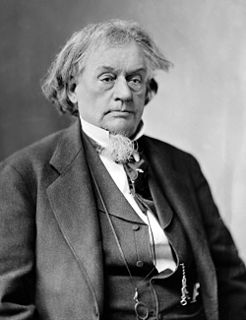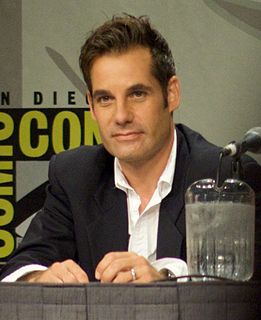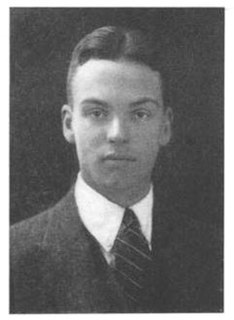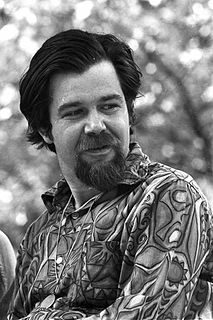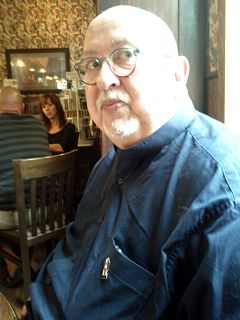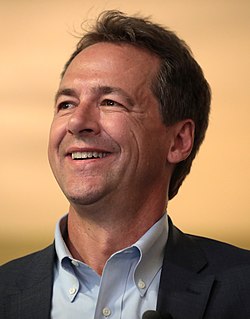A Quote by Donna Langley
The world is not such a large place, and we have more in common with one another than we might think.
Related Quotes
I think network TV to a large extent has underestimated the intelligence of the American public for so many years now. It's tried to appeal to the lowest common denominator. I think the average viewer is much more intelligent than that and crave a little more complexity and are willing to pay more attention.
The EU might have become a large federal nation. But they would have had to do things differently. Number one, they would've had to make people feel like participants in a common project of autonomous law-giving. Much more political accountability, much more participation. That didn't happen, I think, because the movers and shakers were more concerned with economic union than political union.
The ex-Presidential situation has its advantages, but with them are certain drawbacks. The correspondence is large. The meritorious demands on one are large. More independent out than in place, but still something of the bondage of the place that was willingly left. On the whole, however, I find many reasons to be content.
The truth is Floridians and Montanans have more in common than you might think. Both are fed up with partisan gridlock in D.C., and look to their state leaders to find common ground, pursue compromise, and move forward solutions that improve the health of their economy, their communities and their residents.
I feel like I have more in common with conservative people who have activist causes in their hearts and who are interested in electoral politics than I do with somebody who doesn't care, doesn't have any political interests, doesn't know what policy is, and doesn't think any of it matters to them. If you care, we're actually going to have a basis of conversation. We might supplementally get along very well, and that might be complicated and fun in a way that is more constructive than you'd expect.
It is the strain of walking around the world-down the street, riding city buses and elevators, moving from place to place to place-and not knowing who might want to destroy you, who might like to fill your heart with poison, who might rob you and stab you, who might stand above you in the dark with a tarantula.
No one has done a study on this, as far as I can tell, but I think Facebook might be the first place where a large number of people have come out. We didn't create that - society was generally ready for that. I think this is just part of the general trend that we talked about, about society being more open, and I think that's good.
In our dreams we have seen another world, an honest world, a world decidedly more fair than the one in which we now live. We saw that in this world there was no need for armies; peace, justice and liberty were so common that no one talked about them as far-off concepts, but as things such as bread, birds, air, water, like book and voice.

